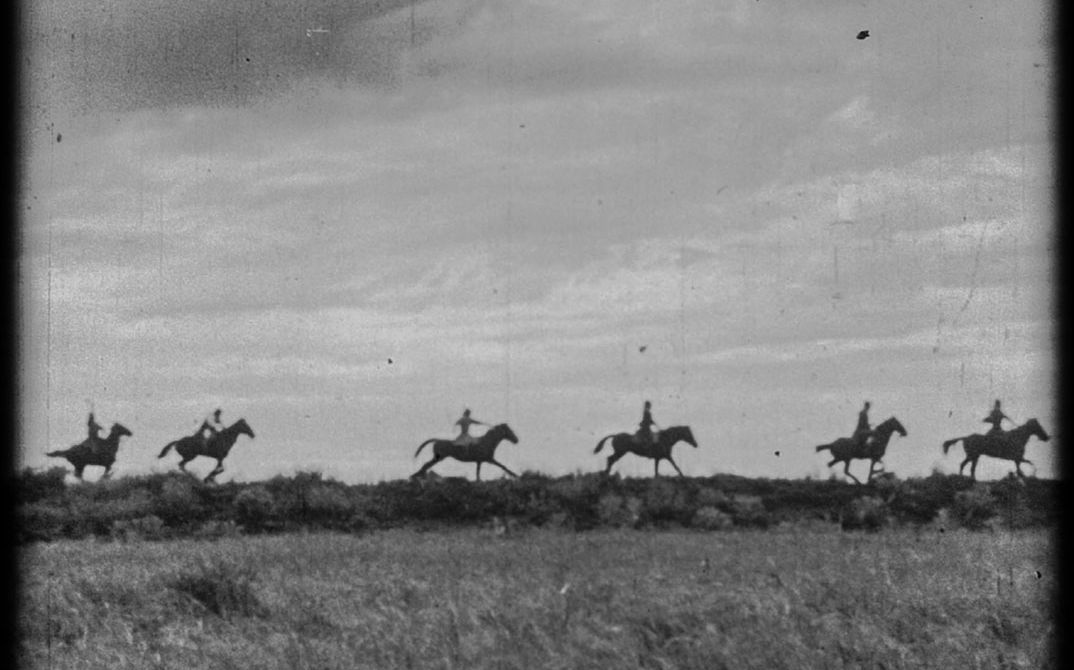Film credits demonstrate the system of hierarchies into which making a film is inscribed: producers, actors, actresses, director, musician, scriptwriter appear first, with the sound engineer further down on the list. Over the years, this has changed as the role has gained artistic recognition and is no longer just mentioned as a technical act of collection and reproduction. However, some of the sound’s influence on the story still ebbs away due to the despotism of the images.
Part of that influence is the treatment of the voices, both in the dialogues, in the onscreen space of the soundtrack, and in the way in which the voiceover is presented. The latter is shaped not only by the performance of the person speaking it, its semantic content and how it is edited in relation to the image, but also by the sound context within which the voice is framed. This sum of element thus conveys to us whether it comes from a ghost or is inside the head of a character or is an omniscient narrator who needs to add information to the plot.
I could take a tour of the various narrative experiences that cinema made its own through the use of voiceover, disrupting past, present and future times, as a unit of memory. But that would be taking a too specific, overly qualifying path. Of the categories proposed by Aristotle, an organisation of the predicates is given to the subjects. And yet I believe that the voiceover has become installed within cinematographic technique as a resource that delves into the contradictions of discourse and of the cinematographic language itself in particular. In the presence of the voiceover, this false order of hierarchies becomes negated, revealing, pristine or dirty, the mechanisms of the possible and the impossible in the immanence of the purely cinematographic.
Albertina Carri, born in Buenos Aires, Argentina in 1973, is a director, producer and screenwriter as well as the artistic director of Asterisco – International LGBTIQ Film Festival in Buenos Aires. Her film CUATREROS (Rustlers) was invited to the Berlinale Forum in 2017.
Translated from the Spanish by María Anelli
